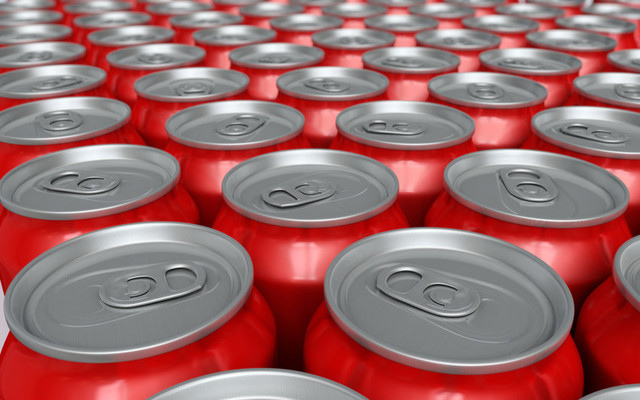"This shift in policy would be preventing around 400,000 cases of obesity in the next decade and nearly 250,000 cases of Type 2 diabetes," Basu said.
The study was published in the journal Health Affairs.
The American Beverage Association criticized the idea of a ban. In a statement, the group said a ban would be an "expensive and unnecessary restriction that (has) negligible benefits." The association called instead for heath education and healthy incentives.
But Harold Goldstein, executive director of the California Center for Public Health Advocacy, was intrigued by the analysis. "I look at these federal dollars as a subsidy to Coke and Pepsi," he said. "Here's a strategy that could have a significant impact on low-income folks who have among the highest diabetes rates in the country." Goldstein was not involved in the research.
Another federal program, Women, Infants and Children, already does not allow the purchase of sugar-sweetened beverages.
The researchers also looked at the impact of giving 30 cents back to SNAP participants for each dollar they might spend on fruits and vegetables. While such a reward doubled the number of people eating the recommended requirements of fruits and vegetables, obesity and diabetes indicators "did not improve considerably," Basu said.
Last June, a bipartisan group of mayors sent a letter to House Speaker John Boehner and House Minority Leader Nancy Pelosi advocating improvements to the SNAP program, saying it was time to consider limiting subsidies for sugar-sweetened beverages.
Monday's study comes against a backdrop of renewed calls in California cities for a soda tax — and just days after the California Senate passed a bill that would require a health warning label on sodas and other sugary beverages.
Doctors and other public health professionals are growing increasingly concerned about the health impact of sugary beverages, or what Goldstein referred to as "liquid sugar."
"We know that there is overwhelming science that the liquid sugar in these beverages is a unique driver in today's skyrocketing obesity epidemic," he said.
This post has been updated to clarify the American Beverage Association's opposition to a policy on banning food stamps for purchase of sugar-sweetened beverages.
